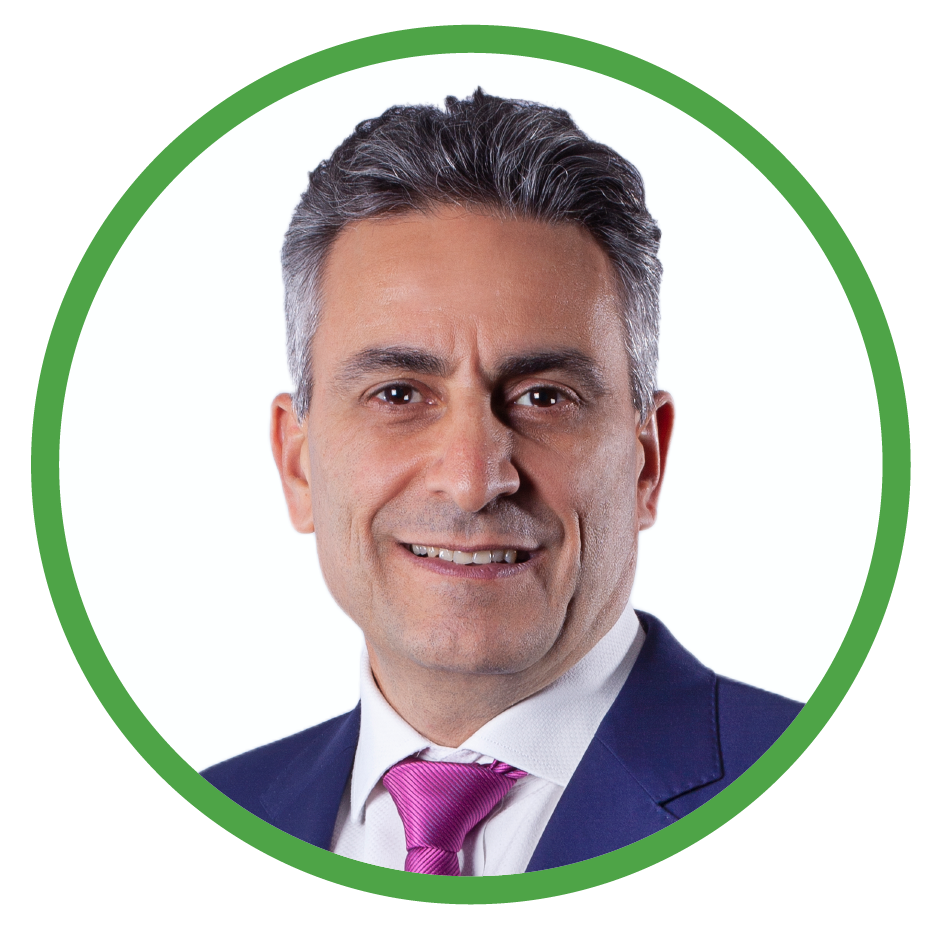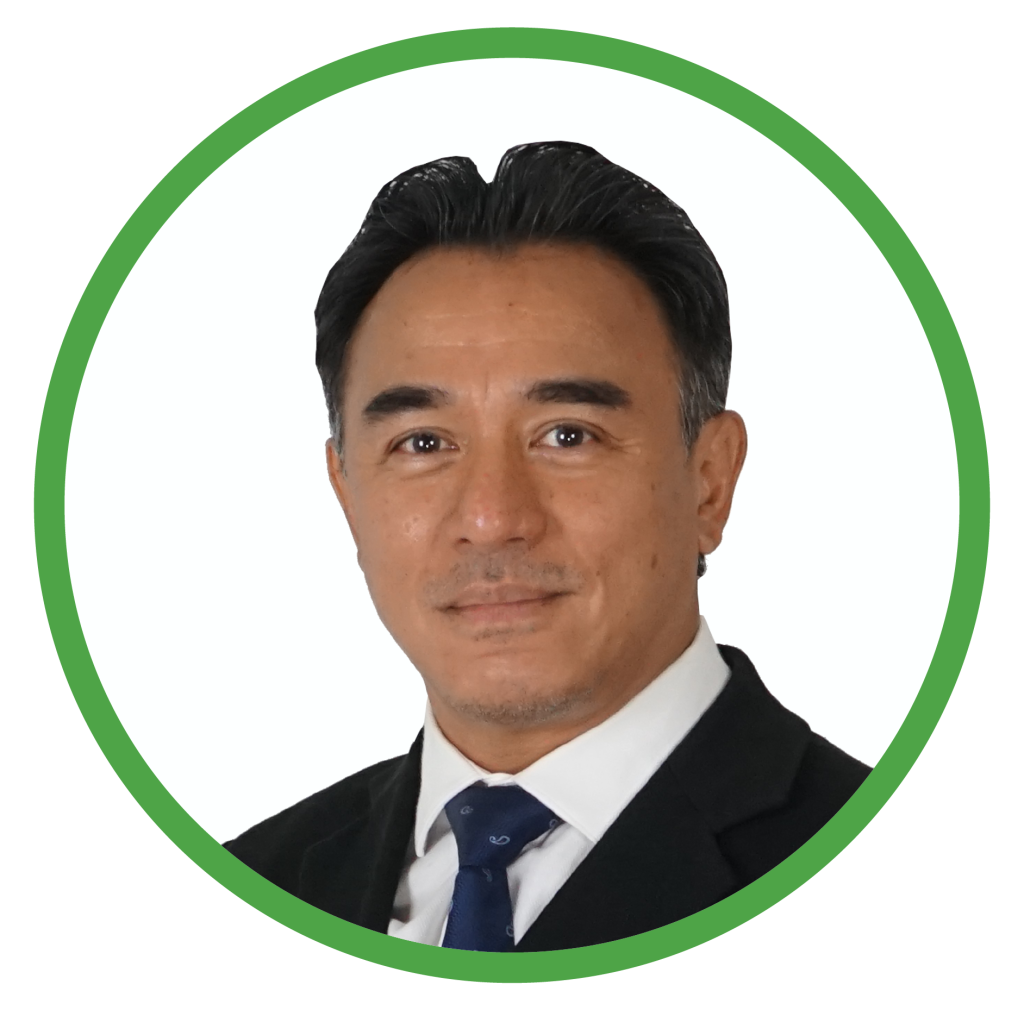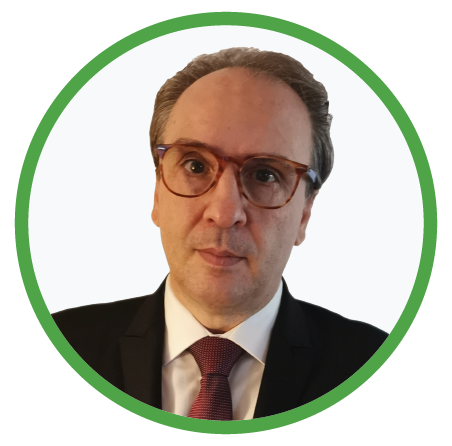Track 3:
Acting On Nature To Win Customers’ and civil society, Support sustainable consumer Lifestyles
As the world moves towards a circular food system with zero loss and waste, businesses have to lead the way in reducing food loss and waste from farm to fork, and adopt responsible marketing strategies that support sustainable consumer lifestyles.

Bryan Citrasena
Project Manager For Food, People and Nature, Indonesia Business Council for Sustainable Development (IBCSD), Indonesia

Tan Hong Tat
Head of Sustainability, AEON
Group Malaysia

Thing Siew Shuen
Senior Programe Manager,
Greenpace Southeast Asia, Malaysia
Track 4:
Making the Extended Producer Responsibility (EPR) schemes work -A Case Study in Healthcare
One of the key transitions for WBCSD’s vision 2050 for products and materials is for the flow of waste into the environment to end and for nature to be restored. To achieve that, our waste management practices need to be transformed. With the adoption of Extended Producer Responsibility (EPR), we can help to address plastic waste through improved waste collection and increased recycling rates. One such case study is the Malaysian healthcare sector and its approach to mitigating medical plastic waste through cross-sector collaboration for upcycling.

Dr George Kazzi
General Manager, Baxter Malaysia & Philipphines
Head of Commercial Excellence ISEA,
Malaysia

Dr Azrini Abdul Aziz
Nephrologist, Nephrology Department Hospital Kuala Lumpur, Malaysia

Gary William Theseira
Council Member, Climate Governance Malaysia (CGM), Malaysia.

Roberto Benetello
Executive Director, Business
Council for Sustainable Development, Malaysia
